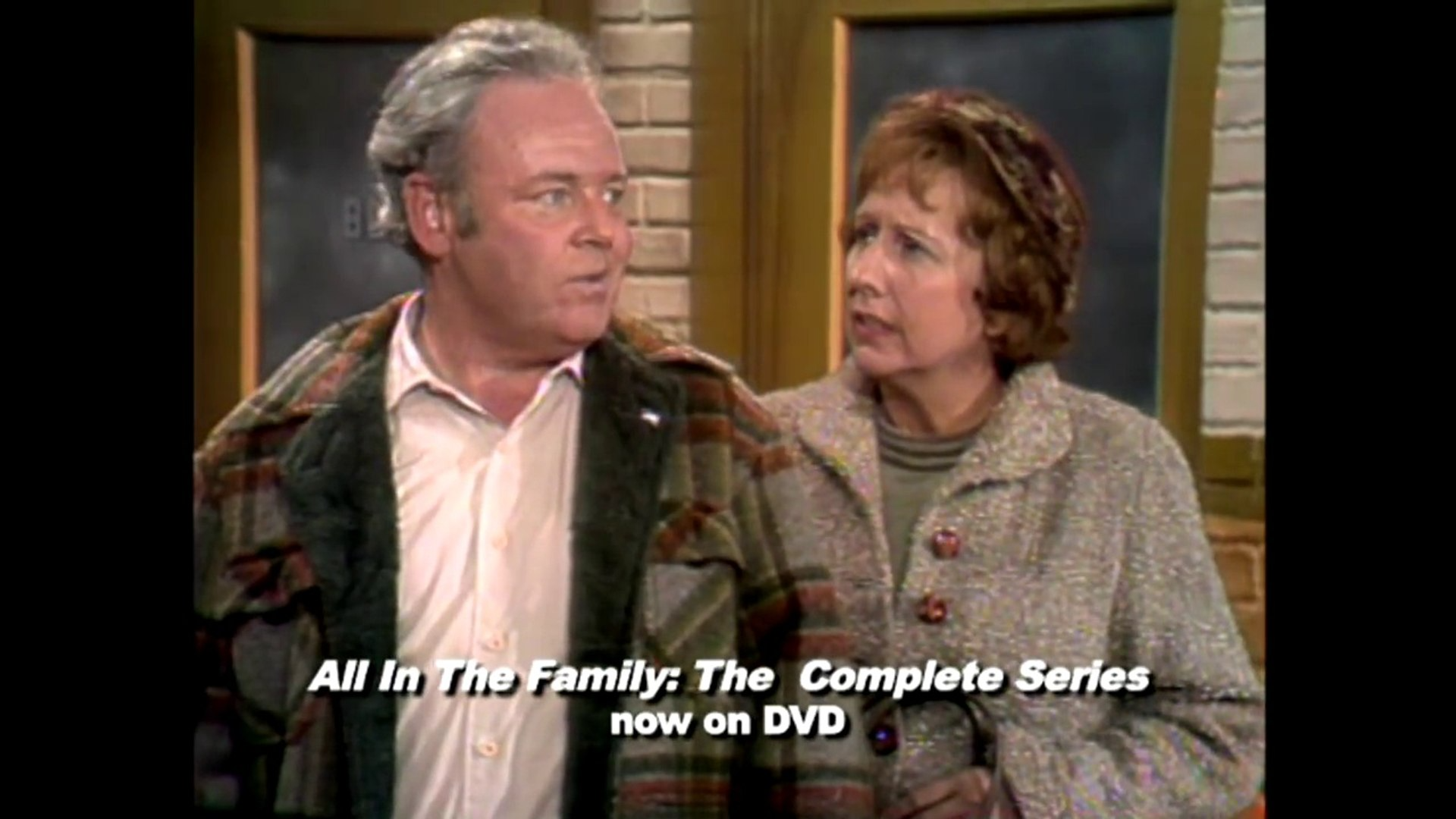
Introduction:
Before All in the Family, sitcoms were generally seen as lighthearted, family-friendly fare. Shows like Leave It to Beaver and The Andy Griffith Show depicted idealized versions of suburban life, where problems were resolved within 30 minutes, and social issues were largely ignored. But when All in the Family premiered in 1971, it shattered that formula and changed the face of television forever. By addressing controversial topics with brutal honesty and sharp humor, the show set a new standard for what TV could—and should—be.
Body:
All in the Family was the brainchild of Norman Lear, who recognized that television could do more than just entertain—it could challenge societal norms and spark meaningful conversations. The show’s central character, Archie Bunker, was a working-class man who frequently spouted off prejudiced and outdated views on race, gender, and politics. But what made the show groundbreaking was not just its portrayal of a bigoted character but the way it used humor to address these issues head-on.
One of the key innovations of All in the Family was its willingness to tackle taboo subjects. Episodes frequently dealt with issues like racism, women’s rights, the Vietnam War, and LGBTQ+ rights, all of which were rarely discussed on mainstream television at the time. The show didn’t shy away from these topics; instead, it used them as a springboard for satire and social commentary.
Perhaps one of the most famous aspects of All in the Family was its character dynamics. Archie’s conservative, working-class worldview was constantly at odds with the more liberal attitudes of his wife, Edith, and their daughter, Gloria, and son-in-law, Mike. This generational and ideological clash provided the show with a rich source of conflict and comedy, as Archie’s outdated views were challenged by those around him. But rather than simply making Archie the butt of the joke, the show also gave him moments of vulnerability and even humanity, allowing viewers to see him as more than just a stereotype.
The impact of All in the Family was far-reaching. It didn’t just influence other sitcoms of its time; it paved the way for a whole new generation of television shows that would tackle social issues with humor and candor. Shows like The Simpsons, South Park, and Modern Family owe a great deal to the path that All in the Family cleared. These shows, while different in tone and style, all follow the example set by Lear’s groundbreaking sitcom: they use humor to explore difficult topics and provide a lens through which to view the complexities of modern life.
Conclusion:
All in the Family wasn’t just a sitcom; it was a cultural phenomenon. By breaking the mold of traditional television and addressing serious social issues in a bold and unapologetic way, the show set a new precedent for what television could achieve. It proved that comedy could be a powerful tool for social change, and its legacy continues to influence the way we think about television today. Whether you love or hate Archie Bunker, there’s no denying that All in the Family changed the course of TV history and paved the way for the modern sitcoms we enjoy today.
